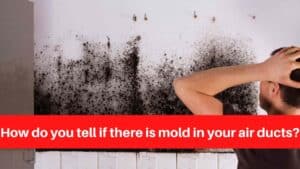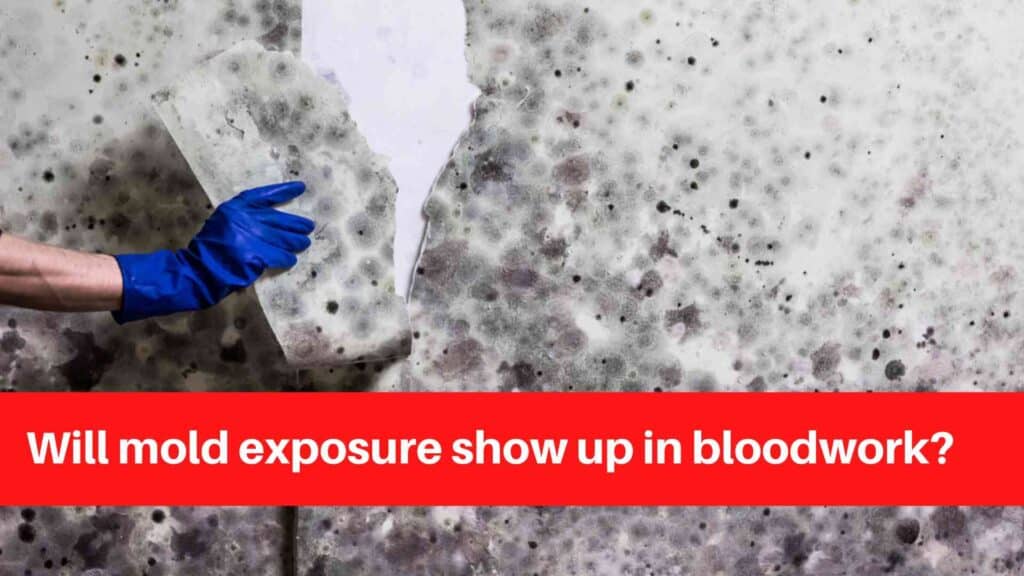Can a Blood Test Confirm Mold Exposure?
Mold exposure happens when a person inhales or comes into contact with mold spores. The spores are so small that they are invisible to the naked eye, and they can enter your body through your nose, mouth, or skin. They can cause an allergic reaction or an infection once they enter your body.
Mold exposure is a serious health risk, especially for those who suffer from allergies or asthma. Mold can make people sneeze, cough, and have watery eyes. It can also precipitate asthma attacks and make breathing difficult. Mold exposure can cause pneumonia and other respiratory infections in severe cases.
Mold exposure can be detected in bloodwork, but keep in mind that this method does not detect all mold species. Your doctor will draw a blood sample and send it to a laboratory for testing. They will examine how your body’s antibodies react to various mold species, including black mold. If you have been exposed to mold, you should consult with your doctor to determine the best course of action.
How to Get a Mold Exposure Blood Test
If you suspect you’ve been exposed to mold, you should get a blood test. Blood tests can be used to determine whether you have been exposed to mold by measuring the levels of antibodies in your system.
Mold exposure can be tested using two types of blood tests: ELISA and PCR. ELISA tests look for mold-specific antibodies, while PCR tests look for mold DNA. Both types of tests are widely regarded as reliable.
To get a blood test for mold exposure, go to your doctor or a lab that specializes in this type of testing. Your doctor will draw a blood sample and send it to a laboratory for analysis. Your test results should be ready in a few days.
If the results of your blood test show that you have been exposed to mold, your doctor will most likely advise you on how to proceed. Antifungal medications are typically used to treat mold exposure. If the exposure has caused serious health problems such as pneumonia or lung cancer, surgery may be required in some cases.
Mold Symptoms
Coughing, sneezing, runny nose, watery eyes, itchy skin, rash, and congestion can all be caused by mold exposure. Mold exposure can cause asthma attacks in people who have asthma or other respiratory conditions. People with compromised immune systems are more likely to have severe reactions, such as fever and difficulty breathing.
Mold Remediation
Mold exposure can result in a wide range of health issues, including allergic reactions, asthma, and other respiratory issues. If you believe you have been exposed to mold, you should seek medical attention as soon as possible. A blood test can confirm mold exposure and assist your doctor in determining the best treatment option.
Mold Testing Alternatives to Blood Tests
Blood tests are not the only way to detect mold exposure. One option is to get a skin prick test. This entails applying a small amount of mold to the skin and observing any reactions. Another option is to have a urine test. Toxins released by the body as a result of mold exposure can be detected using this method. Finally, hair analysis could be performed. This can detect mold toxins in hair follicles.







